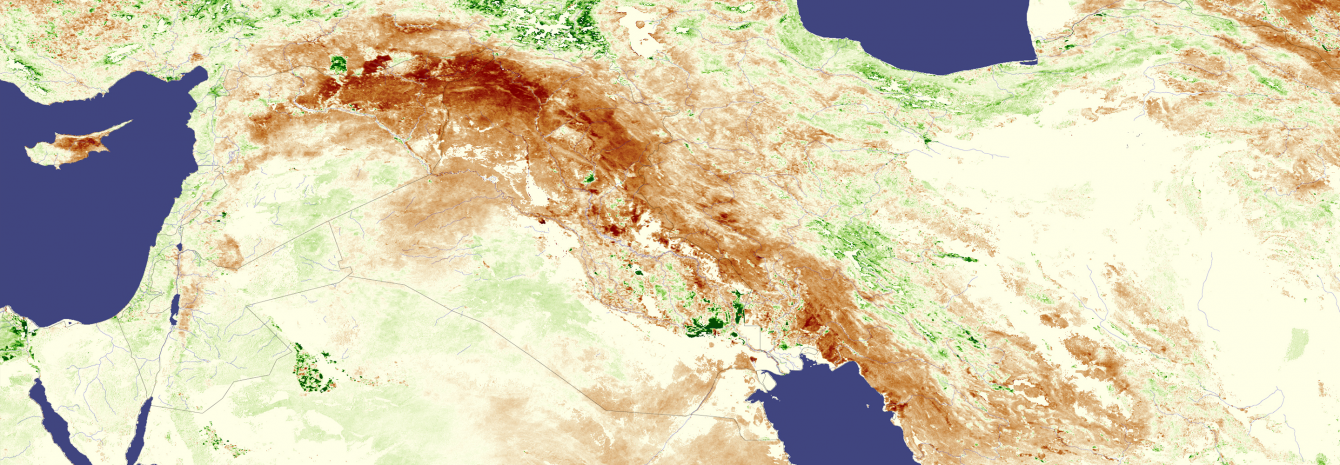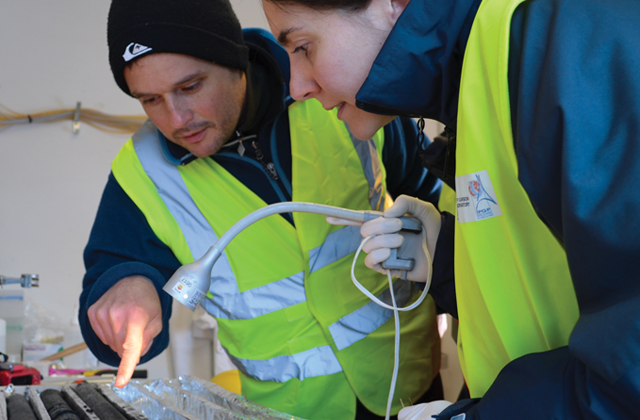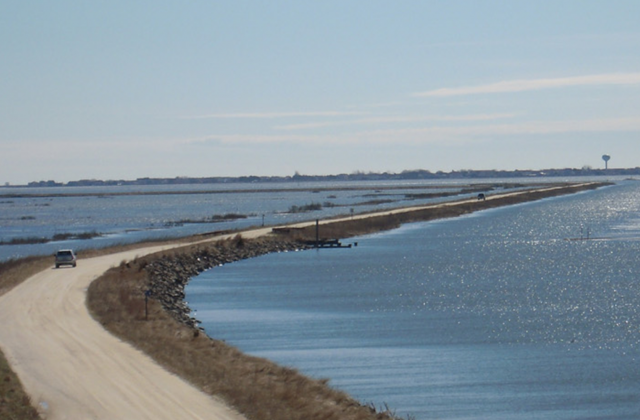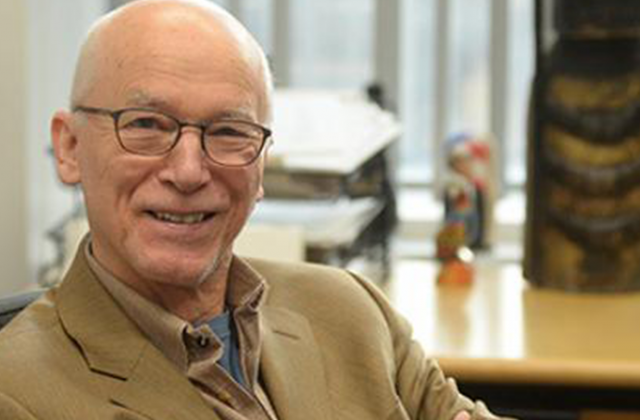Can studying climate change help predict civil unrest?

Climate change, already linked to rising global temperatures, may also play a part in social tensions boiling over. A new study says that unprecedented drought in Syria added more fuel to societal stressors that led to uprising in 2011.
As the drought destroyed agriculture, it led farm families to migrate to cities while driving up food prices. This influx of people added to the stress already of refugees pouring into Syria from the war in Iraq. Since then, the conflict has clearly developed into a major, protracted civil war with ongoing international involvement.
“Climate change is very much a cause of concern for national, regional, and international security. The Syrian war has now taken on a life of its own…however, a drought made worse by climate change was one important factor that initiated the social unraveling, ” said Richard Seager, a climate scientist at Columbia’s Lamont-Doherty Earth Observatory who co-authored the study.
The United Nations Intergovernmental Panel on Climate Change has predicted that climate change will only continue making the Middle East drier. On a much smaller scale, climate change has already led to disputes over water rights in northern and southern California. Impending droughts could well lead to more conflicts. Learn more.
Make Your Commitment Today





